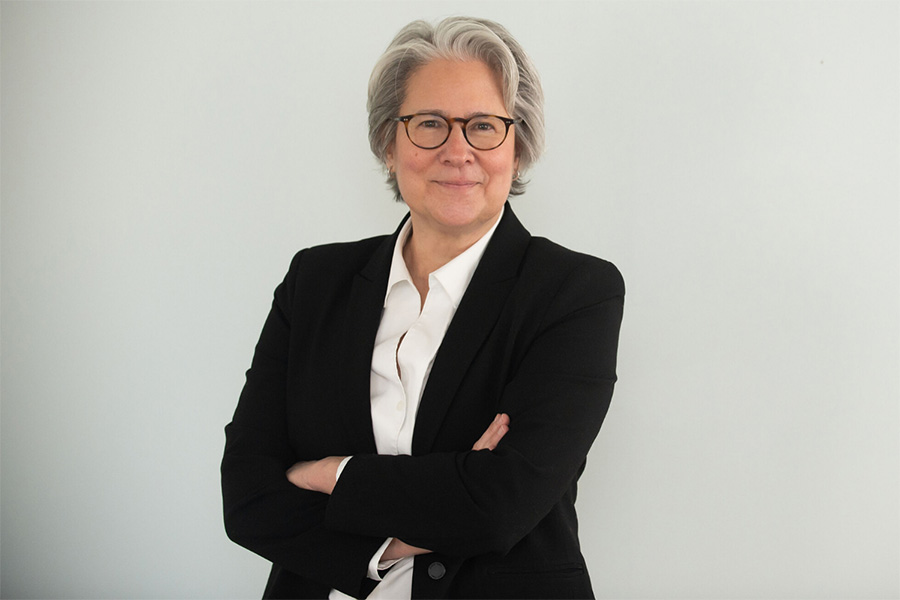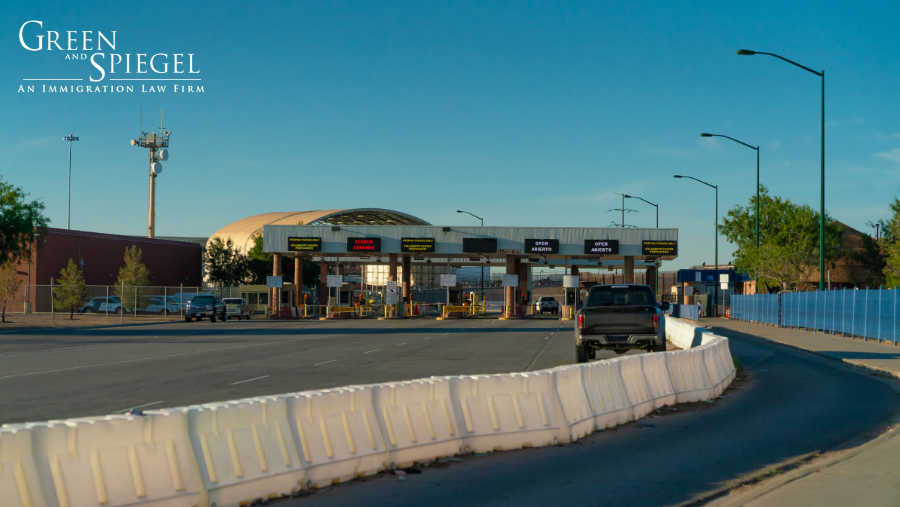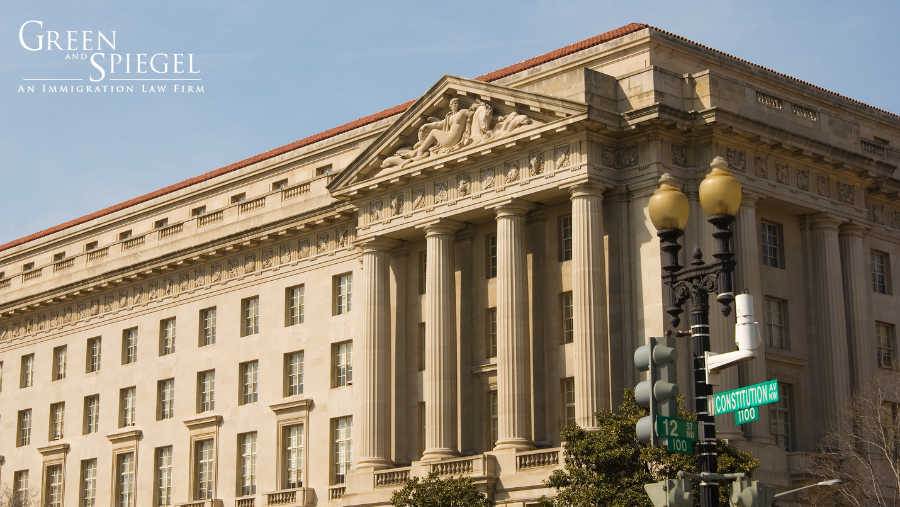We reported yesterday that the Student and Exchange Visitor Program (SEVP) announced plans to severely modify temporary exemptions for nonimmigrant students taking online courses during the fall semester forcing students enrolled in programs operating entirely online to depart the United States or transfer to another school in order to avoid deportation. This was a drastic change from the earlier COVID-19 policy in March, which allowed nonimmigrant students to take more online courses than usually permitted by Federal regulations.
Universities across the country were swift to criticize and decry this decision by the Trump administration; and the Massachusetts Institute of Technology (M.I.T) and Harvard have filed a lawsuit against them:
- The lawsuit seeks a temporary restraining order and an injunction that prevents the Government from enforcing the policy on the grounds that it violates the Administrative Procedures Act;
- It asks that the March guidelines be reinstated;
- It seeks a declaration stating that the policy announced on July 6th is unlawful; and
- The lawsuit emphasizes the challenge this will pose to students only a few weeks before the start of the 2020 fall semester, leaving students with an inability to transfer and with the threat of deportation.
Roughly 1.21 million F-1 and M-1 students were enrolled and registered at more than 8,700 SEVP-certified schools across the United States as of March, 2018. Many of these students pay full tuition and colleges and universities rely on this revenue. If international students cannot attend schools in the U.S. only offering online courses, they will pursue their education in other countries. Not only will this disrupt students’ education but it will negatively impact U.S. workers employed in our educational institutions.
International students and school administrators are encouraged to reach out to our Office for further guidance and support.




